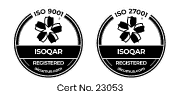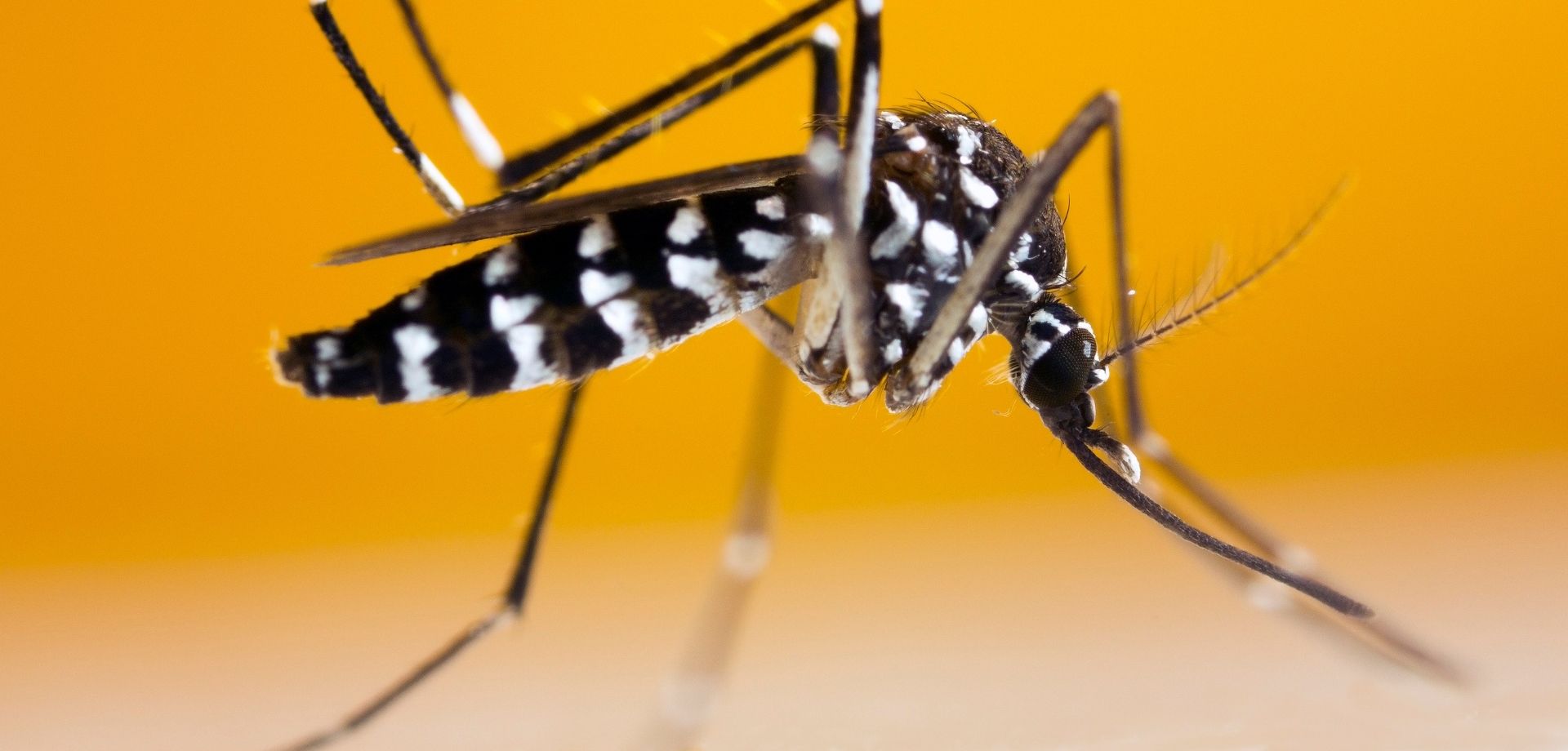Typhoid Prevention
Typhoid fever is a highly contagious infection caused by eating food or drinking water contaminated with Salmonella typhi bacteria. It is most common in hot countries with poor standards of hygiene and limited access to clean water. There are around 21 million cases of typhoid every year and the majority of occur in Asia, Africa and Latin America.
Typhoid fever causes fever, abdominal pain, loss of appetite, constipation or diarrhoea, and can lead to intestinal perforation and meningitis which can be fatal.
We routinely offer the injected Typhim Vi vaccine, which provides protection for 3 years. An alternative vaccine – Vivotif – is available as a course of three capsules, each to be swallowed on alternate days, and providing protection for one year. Vivotif is available on special order if you would prefer a needle-free vaccine..
How do we vaccinate against typhoid?
A single dose of typhoid vaccine, or three capsules to swallow, are all that is needed.
There is a single-dose injected vaccine called Typhim Vi, with a booster dose recommended every three years to maintain protection.
Alternatively, a vaccine called Vivotif is also available in the form of a course of three oral capsules, to be taken on alternate days. Repeating the course is recommended every three years to maintain protection. We are happy to obtain Vivotif for you on special order, should you prefer a needle-free vaccine.
(Previously, typhoid vaccination was also available as a combined injection with Hepatitis A, called Viatim, and you may have had this in the past, but it is no longer manufactured.)
The injected typhoid vaccination is suitable for anyone over the age of 2 years travelling to an area of risk. Vivotif is suitable for those over the age of 6 years.
Where does typhoid occur, and who should be vaccinated?
It is important to be vaccinated when travelling to places where food hygiene is unreliable.
Typhoid is common in hot countries, especially where sanitation is poor. The risk is high in many parts of Asia (India, Pakistan and Bangladesh particularly), Africa, the Caribbean, Central and South America and the Middle East, so you should consider typhoid vaccine for travel to these places.
Vaccination is particularly important if you’re planning to live or spend a long time there, or to work closely with local people.
How long does typhoid vaccine take to become effective?
Approximately 10 days to two weeks.
Like most vaccines, typhoid vaccines take a few days to reach maximum effect. Both the injected and the oral vaccines take approximately 10 to 14 days to become fully effective – usually less time for repeat or booster doses.
This is one of the reasons we recommend arranging to have your vaccines in good time before the start of your trip, or considering keeping your protection always up to date if you travel frequently or at short notice.
How is typhoid spread?
Typhoid is spread by eating or drinking contaminated food and water, or by close contact with an infected person.
Anyone who is currently ill or has recently recovered but is still passing typhoid bacteria in their stools can spread typhoid.
This can mean that an infected person who hasn’t washed their hands after going to the toilet prepares food for you, it can be transmitted to you. Similarly any water contaminated with sewage containing typhoid bacteria that you drink or use to wash food, can infect you.
What are the symptoms of typhoid?
The most common symptoms of typhoid include:
- High temperature (39-40°C)
- Headache
- Weakness
- Stomach pain
- Body aches and pains
- Cough
- Diarrhoea though occasionally constipation also.
The symptoms are non-specific and can resemble other intestinal infections. Blood culture, stool culture or stool PCR may be needed to confirm the diagnosis.
How can I prevent typhoid?
In addition to vaccination, it is very important to pay careful attention to food hygiene precautions when travelling.
Important precautions to follow when hygiene is poor include:
- Ensuring all food is cooked thoroughly and served hot
- Sticking to bottled water with an unbroken seal, or boiled or purified water, and avoiding tap water in countries where it is unsafe or unreliable. (This includes for brushing teeth.)
- Avoiding ice (usually made from unpurified tap water.)
- Only consuming fruit that can be peeled or sliced without handling or contamination (such as bananas)
- Avoiding high risk food such as shellfish, raw or rare meat, salad, buffet food, reheated food
- Washing your hands or using hand sanitiser regularly, particularly before eating or handling food
FAQs
You should get the typhoid vaccine if you are travelling to a country considered high risk for typhoid and your typhoid protection has expired.
Revaccination is required every 3 years to ensure continuous protection.
If you travel frequently or at short notice, it is a good idea to keep your typhoid protection up to date.
We normally send reminders when vaccine boosters are due.
Antibiotics are effective for treating typhoid, but treatment needs to begin early to avoid harmful complications, and tests for typhoid are not always easily available.
Drug resistance is a growing problem in many parts of the world, response to treatment requires careful monitoring.
They each have benefits so this is often a matter of convenience and personal preference. Their effectiveness is similar, and neither vaccine offers 100% protection, which is why food hygiene precautions are also important.
Discuss the options with our travel nurses, they may recommend one over the other for a variety of reasons including medical history.
With the injected vaccine, you may experience redness and swelling at the injection site. Side effects such as a raised temperature and headache are extremely rare but possible with the typhoid vaccine.
Side effects from the oral vaccine are uncommon and mild. The most frequently reported adverse reactions have been abdominal pain, nausea, headache, fever, diarrhoea, vomiting, and skin rash. The vaccine has been widely used with over 100 million doses given safely.
We will discuss your travel plans in detail, so a copy of your travel itinerary including proposed dates of travel, destination(s) you’re travelling to and length of your stay are all helpful details for our nurses.
We’ll also discuss your health so details of your vaccination history to date is useful, as well as any medication you are currently taking. (The oral vaccine should not be given at the same time as antibiotics or antimalarial medication, which are likely to reduce its effectiveness.)
The injected vaccine is given in the upper arm, so it is best to wear loose comfortable clothing or short sleeves for ease of access.
The injectable typhoid vaccination is licensed in individuals from 2 years of age.
The oral vaccine is suitable only for those over 6 years (since the capsules require to be swallowed whole, and small children may not be able to do this.)
Typhoid fever is an infection caused by the bacteria Salmonella enterica, serotype typhi. It is spread through contaminated food and water.
Unfortunately, typhoid vaccination is not 100% effective, which is why food hygiene precautions are also important.








